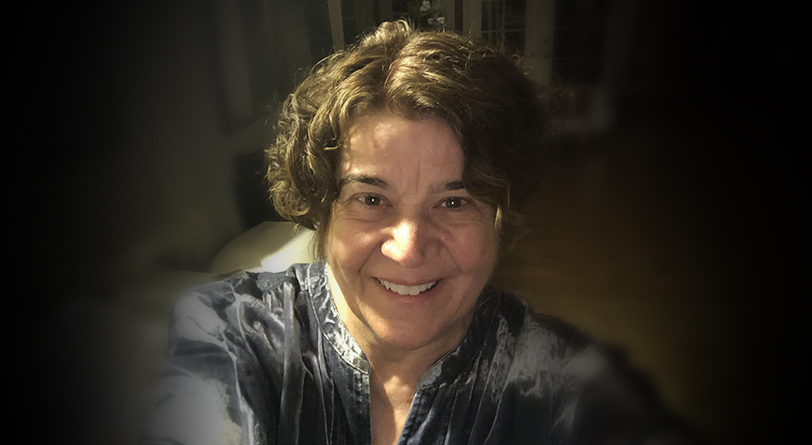Packaging Expert Offers Career Advice During Overview of Industry
Kim Carswell Spoke During a Speaker Series Sponsored by the Flexible Packaging Association’s Emerging Leadership Council

Kim Carswell has spent 40 years in a career that has made her a leader in sustainable packaging, including jobs with major retailers such as General Mills, Kraft Foods, and Target.
During that time, she developed the following advice for people interested in a career in the flexible packaging industry.
- Learn how your company makes money, which provides a framework to learn more about the company.
- Figure out the culture and assimilate. Some companies are oriented toward sales and some toward research or development or other areas. Regardless, it is important to understand those directions.
- Be curious to understand other people’s jobs to better understand how your job fits in.
- Monitor the competition. With flexible packaging, that effort can start with looking at the products on a supermarket shelf next to your packaging, she says.
- Ask for advice instead of feedback because you are more apt to get richer information.
- Give back and mentor others to help each new generation succeed.
Carswell, who currently works as an adviser for the Sustainable Packaging Coalition’s Navigate Program, made those points during a webinar on July 12, 2024, sponsored by the Flexible Packaging Association’s (FPA’s) Emerging Leadership Council (ELC).
Flexible Packaging as a Career
The webinar was part of the ELC’s 2024 Speaker Series. It also is part of the ELC’s summer internship program, where interns at FPA member companies meet virtually with ELC members and mentors to network and better understand how the industry operates. In its third year, the internship program encourages students to take jobs in flexible packaging after graduation.
Along those lines, Carswell’s presentation included an overview of how the industry operates, from the resin producers to packaging suppliers. She also discussed the needs of brand owners, retailers, and consumers and the issues with packaging after it has been used.
“You will be working in cross-functional teams,” she says. “To be an effective packaging engineer, I needed to know what the others were doing so I could present my findings and make my recommendations in relevant ways.”
The various stakeholders have different ideas of what they want and need so knowing how they think will inform how to produce the best products.
“A lot of people take packaging for granted,” she says. “But really good packaging engineers can come up with the right package and explain the trade-offs in the most constructive ways.”
When people never talk about a package, it’s doing its job, she also says.
“If they complain about it, it’s not doing what it’s supposed to do,” she adds. “The key thing you want to do is to make sure it doesn’t get remembered in a bad way.”
End of Life
Early in her career, she says, she probably wouldn’t have included packaging end-of-life challenges as something to monitor.
“We’re all designing now with that end of life in mind because we know that’s where consumers are coming from,” Carswell says. “And the most important place you can design the best end-of-life option is early in your resin choice, format choice, and design choice.”
Flexible packaging offers advantages over other packaging, including sustainability benefits. However, the packaging is difficult to recycle, which makes consumers wary, especially when plastics get a lot of negative attention. And the complex recycling system—with each municipality nationwide having its own rules—can make it difficult for well-meaning consumers to recycle.
Food safety is critical, as well as curbing food waste, and flexible packaging can help mitigate those concerns. She points to a New York Times article from April 2024 that talks about the balance between preserving food with plastic and reducing food waste, which is a large contributor to greenhouse gas emissions.
Advanced recycling and chemical recycling technologies can curb flexible packaging from going into landfills, she also says. But those technologies have not been built to scale. Harmonization nationwide on how to best handle waste will be important long term.
“We need smart people,” she says, “who can look at the whole picture.”
The speaker series continues July 26, 2024, with Linda Roman, associate director of packaging at The Kraft Heinz Company. She will discuss her career and the intersection of packaging and consumer packaged goods. The webinar is open to all employees of FPA member companies who must register to attend.
Editor’s note: Kim Carswell is featured in the image with this article.
Thomas A. Barstow is senior editor of FlexPack VOICE®.


